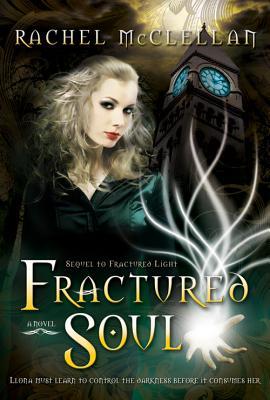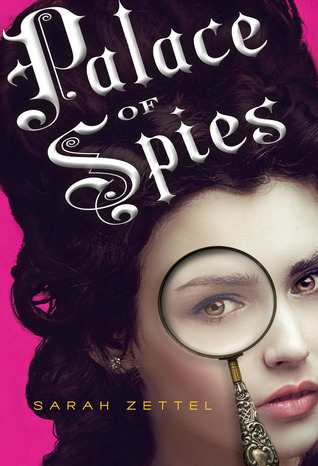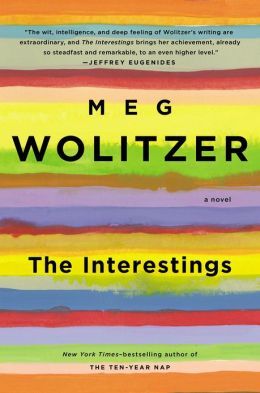 This writer hit so many of my readerly pleasure spots that it's hard to know where to begin a review. The story is set in turn-of-the-twentieth-century New York, mostly in immigrant Jewish and Syrian neighborhoods, and the story begins with two different awakenings: in one, a tinsmith accidentally wakes a jinni when repairing a copper oil pot; in the other, a young Jewish immigrant wakes the golem he's had created for him on a voyage across the Atlantic (this, despite being warned not to waken the golem until he's reached the city). It's lucky for the golem that he does, as her master is soon dead of appendicitis and she finds herself adrift in New York City, masterless (and a golem's primary pleasure is in obedience to her master) but uncomfortably aware of all the needs and desires of the teeming city's residents.
This writer hit so many of my readerly pleasure spots that it's hard to know where to begin a review. The story is set in turn-of-the-twentieth-century New York, mostly in immigrant Jewish and Syrian neighborhoods, and the story begins with two different awakenings: in one, a tinsmith accidentally wakes a jinni when repairing a copper oil pot; in the other, a young Jewish immigrant wakes the golem he's had created for him on a voyage across the Atlantic (this, despite being warned not to waken the golem until he's reached the city). It's lucky for the golem that he does, as her master is soon dead of appendicitis and she finds herself adrift in New York City, masterless (and a golem's primary pleasure is in obedience to her master) but uncomfortably aware of all the needs and desires of the teeming city's residents.Though neither has a name, they both quickly acquire them: the tinsmith names the jinni Ahmad and takes him on as an apprentice; and the golem is named Chava by a kindly rabbi who finds her wandering and helps her acclimatize to the disconcerting human world around her. And of course, it's no surprise to the reader when the golem and the jinni cross paths--but I found their shared journey delightful, thoughtful, surprising, and frequently moving. Chava struggles to control herself--if she is roused to anger, she might forget the qualities that make her human-like; nearly all golems must ultimately be destroyed because of this, and the rabbi who finds her, knowing this, struggles for some time with the question of what ought to happen to the golem. Ahmad struggles to piece together his missing past--the thousand years he's lost caught up in the copper pot and the mystery of how he came to be there.
There are so many things I loved here: the gorgeous writing, the intricate historical settings (it took Wecker 7 years to write this), the interesting questions raised about what makes us human (or not), what we want from our lives and what we are willing to sacrifice to get there, the touches of the fantastic. And of course, the lovely, complicated relationship between the two main characters.









